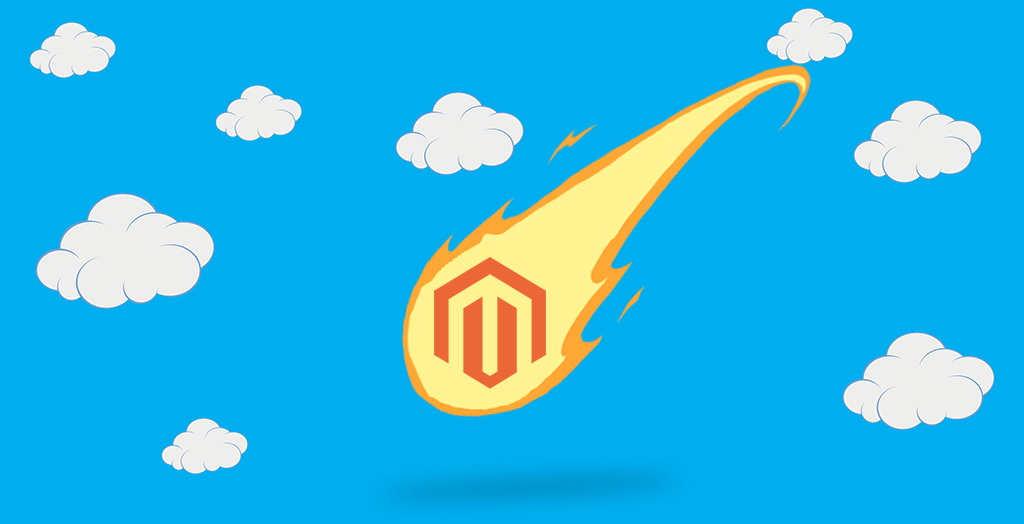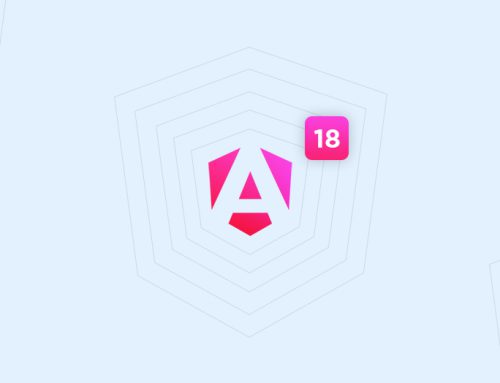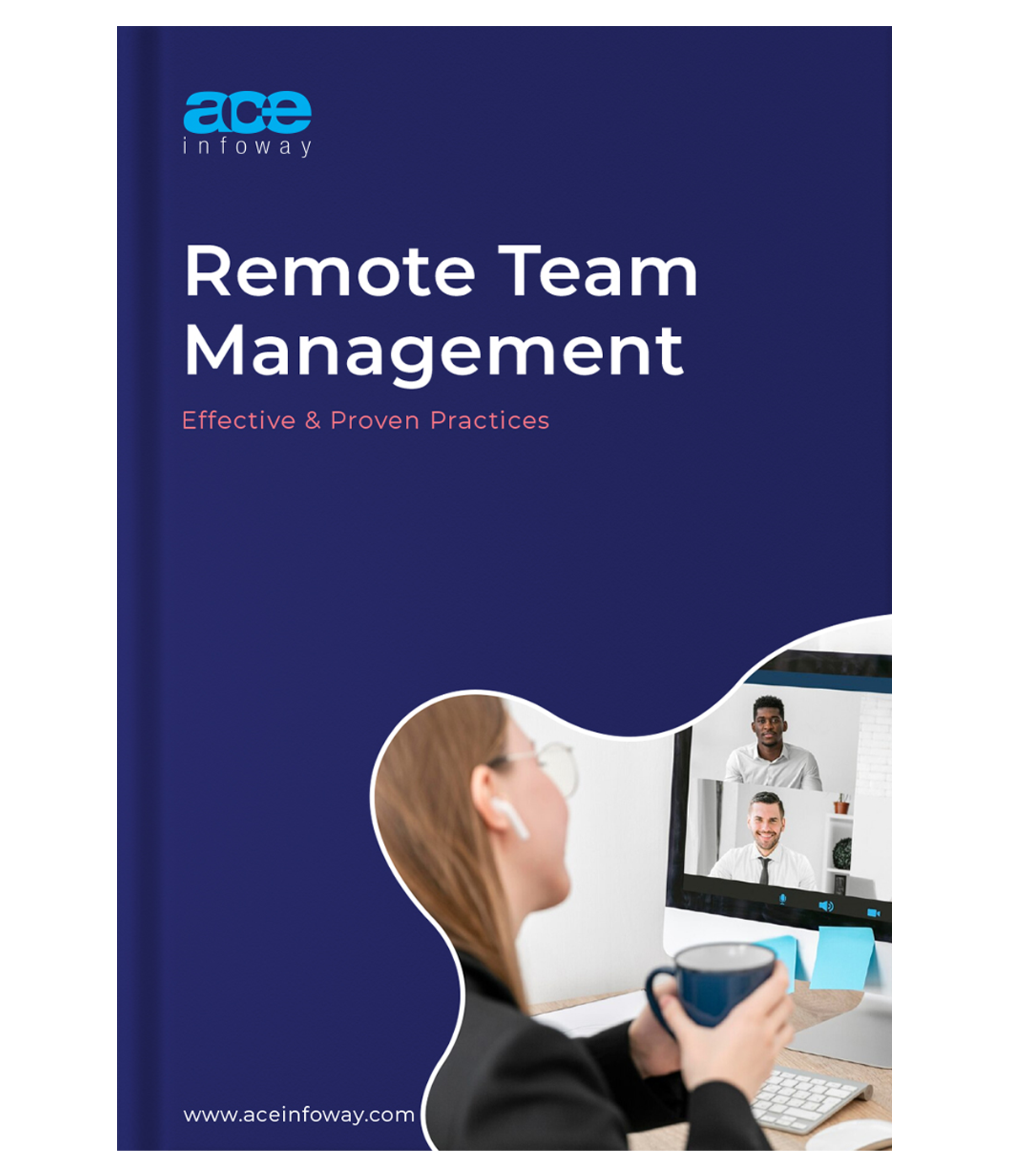Table of Contents
“June 1, 2020- Magento 1, End of Life(EOL)” announced by Magento.
Magento, with a huge family of around 250K merchants worldwide, is one of the most popular open-source PHP-based eCommerce platform. Magento framework, introduced in the year 2008, is serving its customer effectively with the successive release of a total of 10 versions ranging from Magento 1.1 to Magento 2, thereby encouraging the merchants to hire Magento developers for their businesses.
After the acquisition by Adobe in 2018, Magento came up with quite a few changes in its strategies, considering itself better than ever. One of the most important strategical changes was End of Life of Magento 1, incepting impending chaos for the Magento 1 merchants.
What does the End of Life(EOL) of Magento 1 actually mean?
Magento(Adobe) has announced the End of Life for the Magento 1 version from June 1, 2020, meaning the company will not be providing any assistance, updates, and security patches for Magento 1 post this date, compelling the merchants to migrate to Magento 2 for any future support.
This compulsion of the switch to Magento 2 is not less than a concussion for the Magento 1 merchants. Even though Magento 2 is packed with numerous improved features and migrating to it would be a great option, but the switch is not voluntary any more. Few merchants, already having a fully-fledged eCommerce website based on Magento 1, are yet not ready for this transformation due to some pitfalls of Magento 2 Migration.
6 Pitfalls of Magento 2 Migration
A successful migration can be achieved from a successful planning and critical assessment. It is extremely essential for a merchant to evaluate all the related factors before heading to the platform migration. Hence, let’s check out the challenges faced by the merchants in switching to the new Magento 2 platform.
Database Migration
Database Migration, the most intractable problem faced by the merchants, becomes the foremost thing to be considered before making the switch. The database of an eCommerce website consists of humongous data related to the customers, products, merchants, the webpage itself, etc. An improper Database Migration might lead to issues like losing your customer, product mismanagement, unorganized web page, and lot more. So, if you are not technically sound enough to handle it, hire a professional to migrate your data safely, preventing any future risk.
Lower Sales
Platform Migration requires a lot of changes in the existing data, code, and settings. This is a time-consuming process that may consequently degrade the website performance. The website sluggishness during the migration, which might extend up to 2 or 3 months, interrupts the customer-website interaction during the product search, order placement, billing, etc, eventually resulting in sales loss and hence the customers.
No Theme Portability
The website theme works as a signature of your company. The fact that people remember what they see, theme portability becomes crucial for the merchants while the migration, to create a familiar experience for the customers. Magento 2 does not allow you to carry the previous theme of your website, requiring you to get it re-build by a front-end developer in case you do not like the default themes available in it.
High-Cost
Almost everything, you want on your website that is from themes to plugins, to the extensions, is comparatively expensive in Magento 2. Apart from this you also need to pay to the professionals for the theme designing and database migration as well, making this entire process quite exorbitant for the merchants. The budget is one of the major reasons behind the dithering of merchants regarding the switch.
Lowers the SEO Ranking
“No website can stand without a strong backbone. And that backbone is technical SEO.”— Neil Patel
The migration from Magento 1 to Magento 2 also comes with a challenge to maintain or for that matter increase the page rank. This is an extremely complex task due to the changed URL of the web pages and products as well as altered page redirections. The discomfort in accessing a website prompts customer disappointment, keeping them away from revisiting your website, subsequently degrading the page rank and so the business.
Post Migration Changes
The shifting process does not end with the migration, you still have a lot to do. i.e. Post Migration changes, including various errands like re-indexing the products, updating the suppliers and other associated people, configuration and compatibility concerns, etc. Both the migration as well as the post-migration processes, individually being an immensely strenuous task, is keeping the merchants in two minds.
Want to continue with Magento 1 even after the EOL?
Change is inevitable and profitable as well, but should not be foisted. If you are also not prepared for this immediate migration, so here is a piece of good news for you. Even after the EOL, your pre-existing website will not shut down, they will function just like always. You can continue to work on the extension and the plugins that you already possess, the only constraint is regarding the future upgrades which will not be provided by the Magento anymore. So, you need to be more vigilant and alert while using your Magento 1 website, until you are set up to migrate to Magento 2.
Conclusion
Being updated to the latest trends and versions brings various opportunities to grow your business in the future. Magento 2, a new and updated version of Magento, definitely proves to be a great option for a better eCommerce website.
Considering the pitfalls of migrating to Magento 2, it is advisable to calculate the risk, cost, and time before proceeding with the process. In fact, it would be even better to hire a Magento expert, rather than trying it yourself and risking your business.
The merchants, still willing to continue with the Magento 1 website or take time to assess the entire migration process before initiating it, however, concerned about the security and maintenance of the website. Ace has a solution for you as well, hire a Magento Developer to look after your website and start focusing on your future assessment for the migration. For any further related queries, feel free to Get In Touch with us.


























Leave A Comment